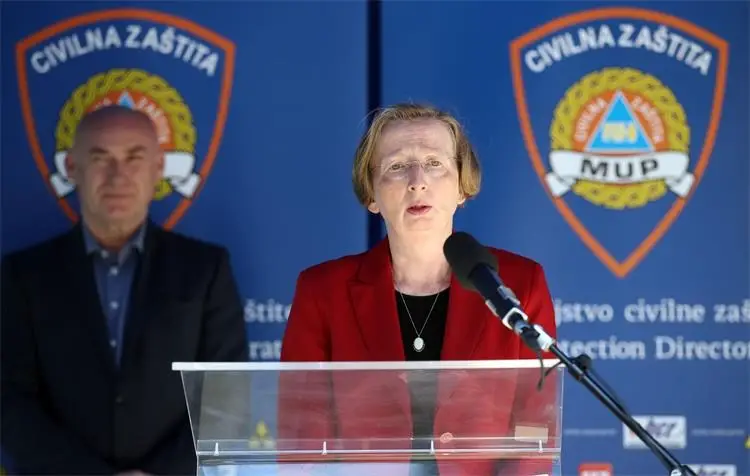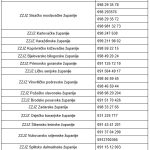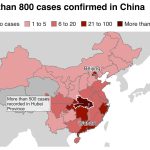AstraZeneca still has not published its research on the elderly and we will see how protected certain groups are only after large-scale inoculation, she said on RTL television when asked why Croatia decided to inoculate those older than 65 with that vaccine.
The vaccine will be effective enough to partly protect those groups, and it is better to inoculate them with AstraZeneca’s vaccine and protect them than not at all, she added.
Markotić said the European Medicines Agency met with the manufacturer of Russia’s vaccine on 19 January and that the Russians would deliver the necessary documentation this month. “According to the information, the vaccine has a high percentage of success, with few side effects.”
Asked if local civil protection authorities would soon be able to adopt decisions on COVID measures without the national response team, Markotić said “that will certainly be made possible, notably towards the tourist season.”
“I think it’s in everyone’s interest that tourist regions start creating the prerequisites for a successful tourist season.”
Regarding protests and violations of COVID restrictions, she said everyone should continue to be responsible and “be patient a little longer, until a higher percentage of people is vaccinated.”
Asked how realistic it was for the fast-spreading strain of coronavirus to arrive in Croatia, Markotić said it was possible that it already had. “Judging by the numbers, we still don’t have it and we still haven’t identified it. It’s a big hazard, that’s why all of Europe and the world are cautious.”
She said Croatia, Estonia and Finland had the most liberal COVID restrictions. “We are trying to keep the majority of the economy going.”
For the latest news on coronavirus in Croatia, follow the dedicated TCN section.











